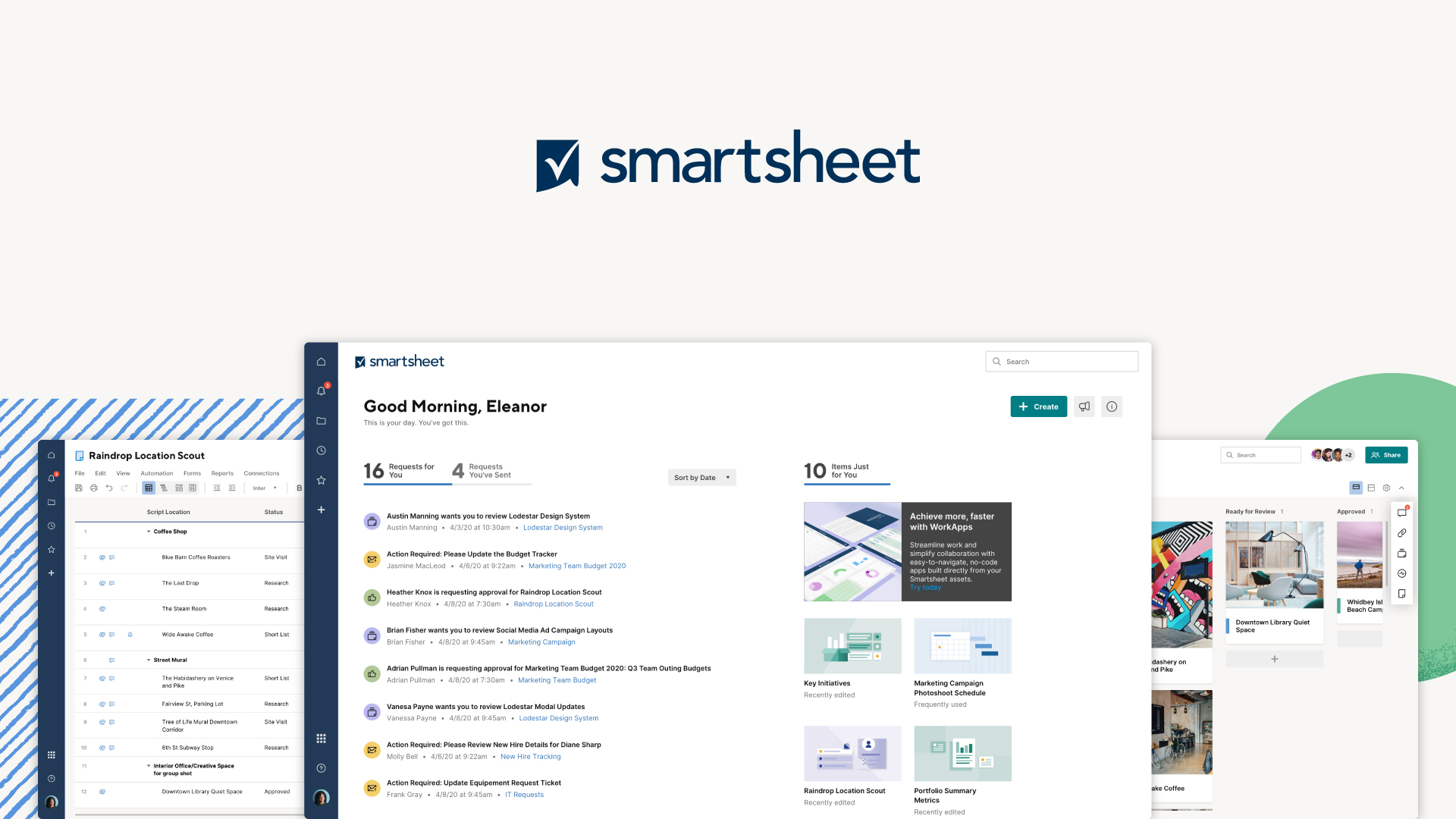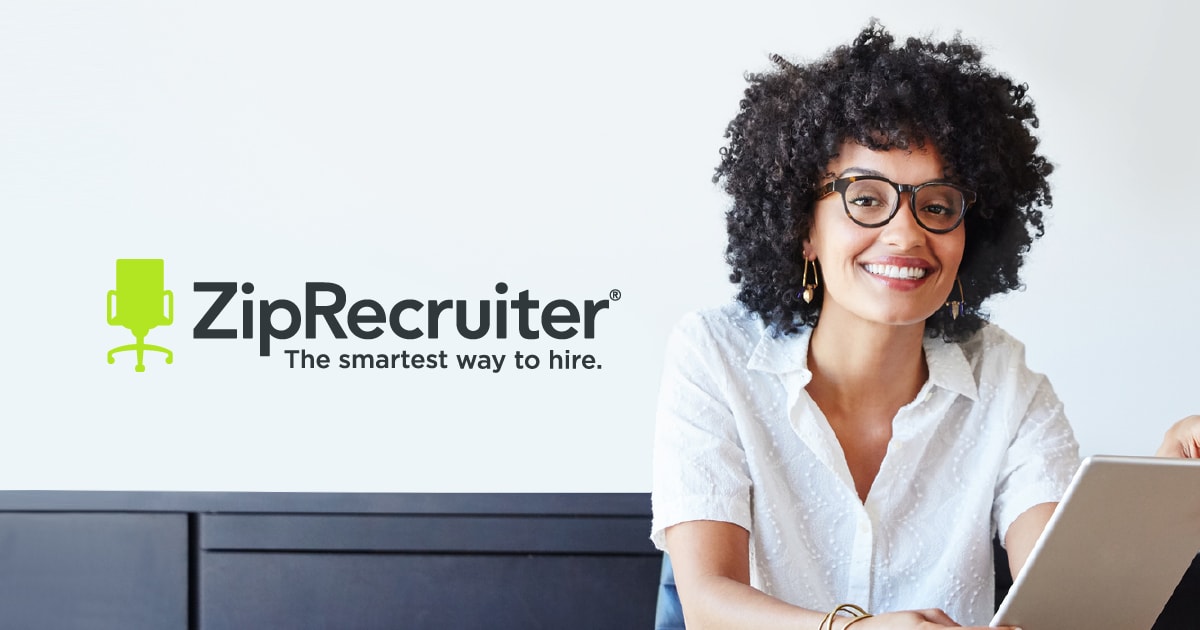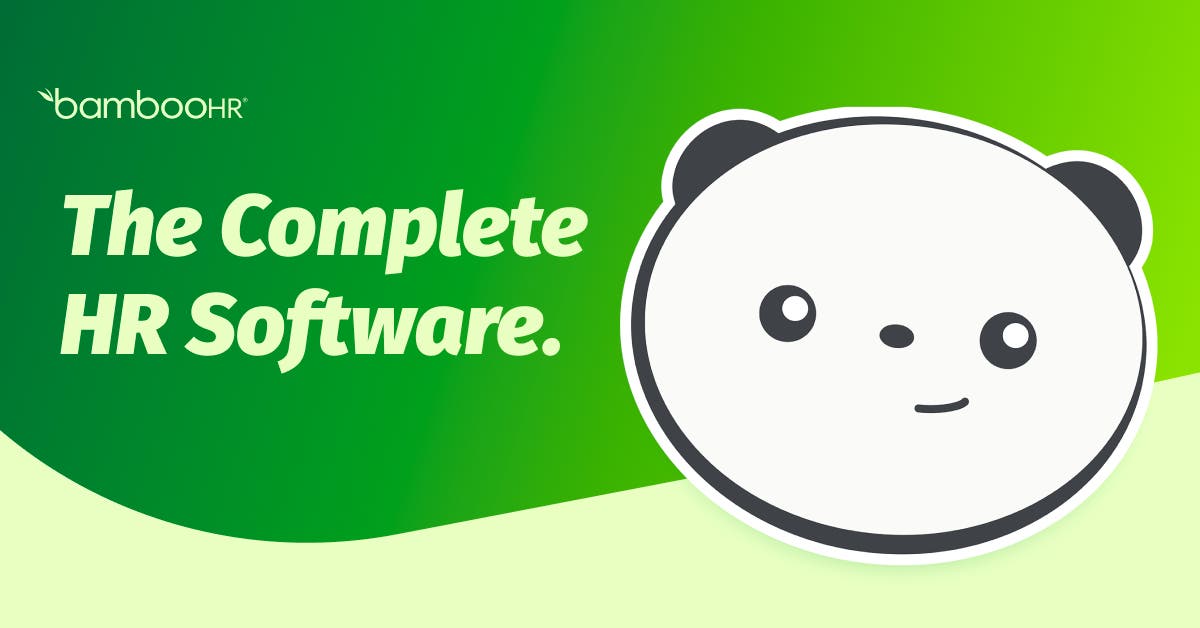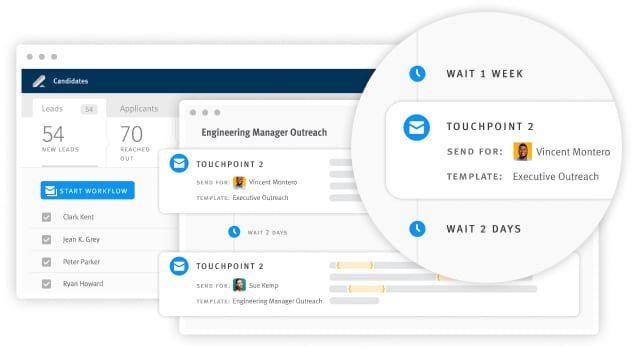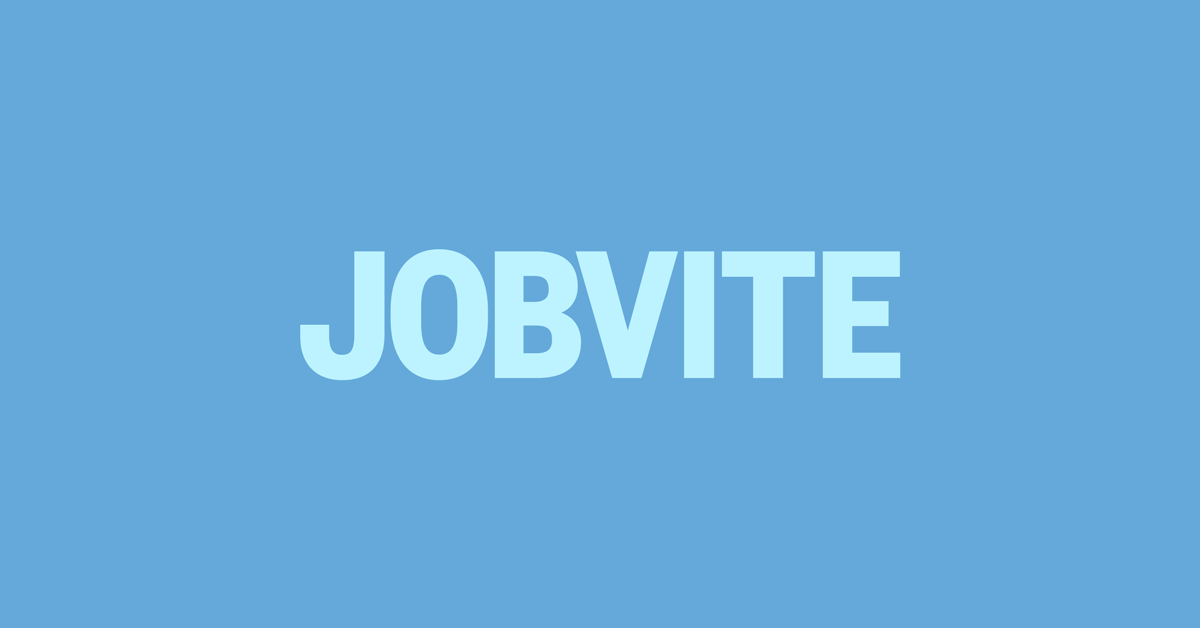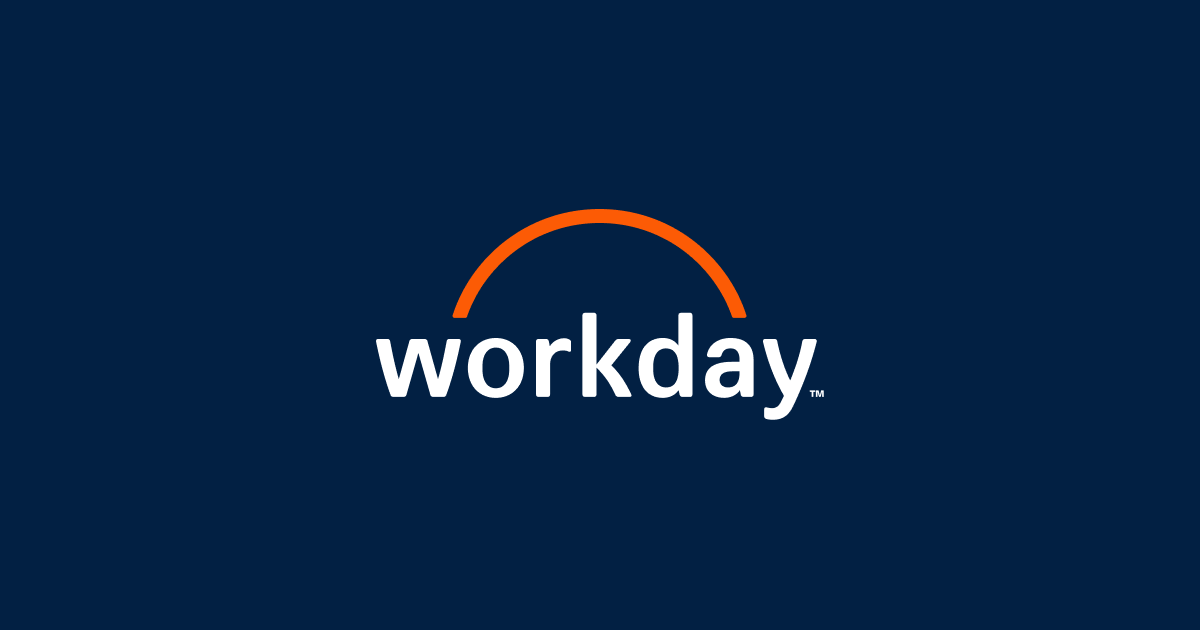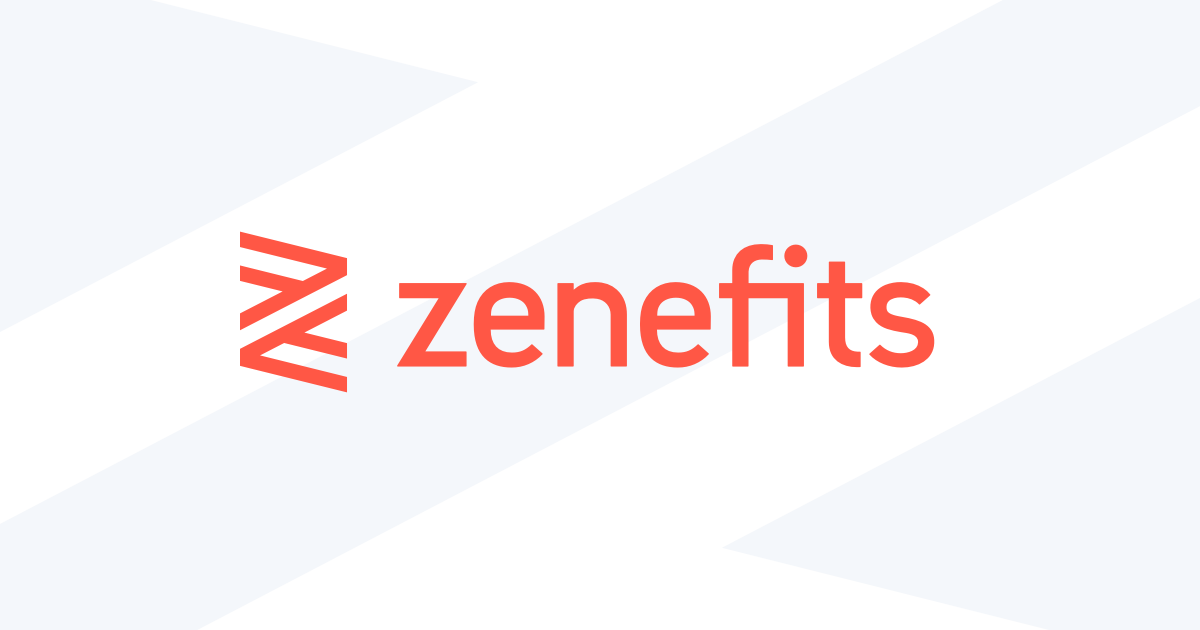Introduction
Onboarding new hires is a crucial process that ensures employees are set up for success from day one. However, manual and disorganized onboarding approaches are inefficient and often lead to poor retention rates. That’s where onboarding software comes in – it streamlines and automates paperwork, introductions, training and more for a seamless onboarding experience. This blog post evaluates the 15 top onboarding platforms of 2023 based on key criteria to help you find the right solution.
Methods of Evaluation
The onboarding software platforms are evaluated based on the following conventional criteria: features, ease of use, customization options, compliance capabilities, pricing and integrations. In addition to these, modern evaluation methods like leveraging number of backlinks, traffic and keyword trend analysis are also used to rank the companies. This provides a more well-rounded and unbiased perspective on how each platform stacks up against the competition.
1. Smartsheet
Smartsheet is a leading work execution platform that helps organizations manage and automate collaborative work at scale. Founded in 2005 with headquarters in Bellevue, Washington, Smartsheet provides a flexible and intuitive platform for work management.
Pros: Some key advantages of Smartsheet include:
– Flexible work management platform that allows customizing workflows for any type of work
– Extensive library of customizable templates for common workflows like projects, tasks, and content
– Integrated analytics and reporting to provide visibility into workflow progress and metrics
Cons: One potential disadvantage is that for very complex workflows with many interconnecting pieces, the platform may not be as flexible as some specialized project management software options.
Pricing: Smartsheet offers different paid plans starting at $15 per user per month for the Basic plan up to $35 per user per month for the Advanced plan. Pricing is based on the number of users and additional features included in each plan tier.
Some key stats about Smartsheet include:
– Used by over 90,000 paying organizations including 83% of the Fortune 500
– Over 100 million work items tracked every month
– 20 million monthly active users
– Global workforce of over 1,700 employees
2. iCIMS
iCIMS is a leading global provider of recruiting software for organizations of all sizes. Founded in 1999, iCIMS enables companies to manage their entire recruiting process from publishing job openings, tracking applicants, onboarding new hires, and more. With customers across various industries, iCIMS helps over 4,000 companies streamline recruiting and hiring.
Pros: Some key advantages of using iCIMS recruiting software include:
– Full talent acquisition suite beyond just onboarding
– Strong compliance capabilities to ensure legal and regulatory adherence
– Robust and scalable platform that can support large enterprise needs
Cons: A potential disadvantage is that the full suite of solutions may be overkill for some smaller companies with fewer recruiting needs.
Pricing: Pricing for iCIMS solutions depends on the number of users, services, and modules required. Custom quotes are available on their website. Generally iCIMS has flexible pricing tiers designed for companies of all sizes.
Some key stats about iCIMS include:
– Over 20 years of experience in recruiting software
– Used by over 4,000 customers worldwide
– Processes over 250 million applications annually
– Supports compliance in over 80 countries
3. Workable
Workable is a leading talent acquisition platform that helps companies hire top talent. In addition to core applicant tracking and candidate management functionality, Workable provides customizable onboarding workflows to help new hires get up to speed quickly.
Pros: Some key advantages of Workable’s onboarding software include:
– Intuitive and easy to use interface that allows customizing onboarding steps
– Customizable onboarding workflows that guide new hires through important tasks
– Strong candidate tracking and applicant tracking system that links to the onboarding process
Cons: One potential disadvantage is that the onboarding features require an Enterprise or Plus subscription plan, so may not be suitable for very small businesses or those on a tight budget.
Pricing: Workable offers three pricing plans for its onboarding and hiring software:
– Professional: $99/month per seat
– Enterprise: $149/month per seat
– Plus: Custom pricing
All plans offer a free 14-day trial.
Some key stats about Workable include:
– Used by over 2,000 companies worldwide including IBM, Shopify, Patreon, and Front
– Manages over 10 million candidate profiles
– Average time to fill a role is reduced by 25% for customers
4. ZipRecruiter
ZipRecruiter is a leading job posting and recruiting software used by thousands of companies. In addition to job posting capabilities, ZipRecruiter also offers integrated onboarding tools to streamline the new hire process.
Pros: Key advantages of ZipRecruiter’s onboarding software include: integrated directly into their core applicant tracking and job posting platform, highly configurable checklists and workflows, affordably priced compared to standalone onboarding tools, and reputation as a trusted platform for both job seekers and employers.
Cons: A potential disadvantage is that the onboarding tools may not be as full-featured as dedicated onboarding software. Customers rely on ZipRecruiter primarily for recruiting and may find other specialized tools better suited for complex onboarding needs.
Pricing: ZipRecruiter offers affordable onboarding pricing starting at $199 per month for their smallest business plan. Plans scale up based on the number of active jobs and candidate resume database size. No long term contracts required.
Some key stats about ZipRecruiter’s onboarding features include: ability to create customizable onboarding workflows with over 50 configurable checklist items, integrations with payroll/benefits administration systems, and support for e-signatures.
5. BambooHR
BambooHR is a leading HRIS and onboarding software used by over 18,000 organizations worldwide. Founded in 2008 and headquartered in Lindon, Utah, BambooHR helps companies streamline HR processes from pre-hire to retire. Their onboarding software makes it easy for new hires to complete necessary paperwork online before their start date.
Pros: Key advantages of BambooHR’s onboarding software include:
– Excellent HRIS platform with robust onboarding and offboarding features
– Emphasis on compliance and streamlining paperwork
– Good reporting and analytics capabilities
Cons: One potential disadvantage is that BambooHR is best suited for medium to large businesses and may have more features than some very small companies need.
Pricing: BambooHR offers tiered pricing based on the number of employees. Monthly rates start as low as $6 per employee for Essentials plans and go up to $15 per employee for Elite plans. Custom pricing is also available for very large enterprises.
Some key stats about BambooHR include:
– Used by over 18,000 organizations globally
– Processes over 1 million hires per year
– Provides HR, benefits, and payroll functionality to companies of all sizes
6. Greenhouse
Greenhouse is an applicant tracking system and hiring platform that aims to make the hiring process more efficient and the candidate experience exceptional. Founded in 2012 and based in New York, Greenhouse helps over 4,000 companies hire top talent. In addition to core ATS functionality like applicant tracking, candidate sourcing, and scheduling, Greenhouse focuses heavily on the onboarding experience.
Pros: Key advantages of Greenhouse include:
– Focus on exceptional candidate experience throughout the hiring process
– Seamless integrations with all major HRIS/payroll providers like Workday, UltiPro, BambooHR
– Robust onboarding tools to help new hires feel welcomed and productive on day one
Cons: Potential disadvantages could include:
– Pricing is relatively expensive compared to some competitors with offerings starting at $1,500/month
– Might have more features than needed for some smaller companies and startups
Pricing: Greenhouse offers pricing plans customized for companies of all sizes. Standard pricing starts at $1,500/month for up to 50 open jobs and unlimited users. Larger enterprises can work with Greenhouse sales reps for customized enterprise pricing based on team size and features needed.
Some key stats about Greenhouse include:
– Over 4,000 customers include brands like HubSpot, Indeed, Datadog, Urban Outfitters
– Tracks over 10 million applications per year
– 95% of candidates would recommend Greenhouse to a friend
– Average time to fill an opening is 23% faster than the industry average
7. Lever
Lever is an applicant tracking system (ATS) and recruiting software that aims to help companies streamline their hiring process. Founded in 2013 and based in San Francisco, Lever has grown to serve over 1,700 customers worldwide, including major companies like Github, Atlassian, and Cisco.
Pros: Some of the key advantages of Lever include:
– Strong focus on candidate experience with modern application interface
– Seamless workflow and integration between ATS, CRM, and supporting tools
– Streamlined recruitment processes like sourcing, scheduling interviews, and offer/rejection management
– Robust analytics and reporting on hiring KPIs and metrics
Cons: One potential disadvantage is that Lever is solely focused on recruitment and does not offer additional HR functionality like performance reviews, onboarding, etc. For large enterprises, this may require integration with multiple best-of-breed tools.
Pricing: Lever offers three pricing tiers:
– Startup: $199/month for up to 5 users
– Professional: $499/month for up to 15 users
– Enterprise: Custom pricing for 16+ users
Additional per-user pricing applies beyond the included user limits. All tiers include full functionality and unlimited applicants.
Some key stats about Lever include:
– Over 1,700 customers worldwide across various industries
– Integrates with all major HRIS/payroll providers like Workday, Ultimate Software, and ADP
– Processes over 100,000 applications per month
– Has applications in over 80 countries
8. Jobvite
Jobvite is a leading SaaS-based recruiting software provider that offers a comprehensive onboarding solution. With Jobvite onboarding, recruiters and hiring managers can streamline the new hire onboarding process with automated tasks and checklists.
Pros: Some key advantages of Jobvite onboarding include: Streamlined onboarding process with automated steps and tasks. Customizable workflows that can be tailored to different roles or departments. Configurable checklists to track completion of mandatory onboarding items. Integrations with HR systems like Workday, SuccessFactors, and Namely. Automated communication tools like email and SMS to engage candidates.
Cons: A potential disadvantage is that customizing complex workflows may require assistance from Jobvite’s professional services team which adds to the cost. The free version also has limited capabilities for larger onboarding needs.
Pricing: Jobvite offers both freemium and paid plans for onboarding. The free plan provides basic features for up to 3 new hires onboarded per month. Paid plans start at $99/month per user for the ‘Startup’ plan and scale up based on company size and needs, with additional costs for customized services and integrations.
Some key stats about Jobvite onboarding include: It is used by over 12,000 companies worldwide to onboard new hires. Jobvite can reduce time-to-hire by 35% on average. The customizable workflows and checklists allow for onboarding hundreds of new hires at a time.
9. Workday
Workday is a leading HR and finance software company based in Pleasanton, California. Founded in 2005, Workday provides a unified, cloud-based platform for enterprise resource planning (ERP), financial management, human capital management (HCM), and analytics applications. With over 50 million users worldwide, Workday offers a full suite of solutions to help organizations manage HR, finance, spend, and planning.
Pros: Some of the key advantages of Workday include:
– Popular HR platform with strong onboarding capabilities.
– Easily scales with company growth thanks to its cloud-based architecture.
– Modern, easy to use interface that is optimized for mobile use.
– Strong financial management modules for accounting, spend management and planning.
– Regular platform updates and new features delivered via the cloud.
Cons: One potential disadvantage is the pricing, as Workday tends to be more expensive than some competitors. Additional customization or integrations may also increase costs. The platform also has a relatively complex implementation process which requires professional services.
Pricing: Workday pricing is based on the number of users. It starts from around $50 per user per month for mid-market organizations. For large enterprises, pricing ranges between $100-150 per user per month typically. Additional modules, services, integrations and customizations are priced separately.
Some key stats about Workday include:
– Over 6,500+ customers worldwide including large enterprises like Pfizer, Coca-Cola, and Netflix.
– Supports over 50 million users globally.
– Publicly traded on the NASDAQ with a market cap of over $50 billion.
– Named a leader in Gartner’s Magic Quadrant for Cloud HCM suites for mid-market and large enterprises.
10. Breezy
Breezy is a modern applicant tracking and onboarding software that helps companies streamline their hiring process. Founded in 2013, Breezy has helped over 5,000 companies hire quality candidates in less time through its easy-to-use platform.
Pros: Some key advantages of Breezy include:
– Simple and easy to use interface that makes managing hiring simple
– Paperless onboarding workflows that allow new employees to complete forms digitally
– Automated reminders to follow up with candidates and track application status
– Customizable templates that allow customizing the applicant and hiring manager experience
– Mobile accessibility that allows managing hiring on the go from any device
Cons: One potential disadvantage is that the free plan only allows managing 5 job openings at a time which could be limiting for growing companies.
Pricing: Breezy offers 3 paid plans:
– Professional: $49/month per recruiter
– Team: $79/month per recruiter
– Enterprise: Custom pricing
All plans offer a 14 day free trial.
Some key stats about Breezy include:
– Processes over 1 million applications every month
– Used by companies of all sizes from startups to enterprises
– Helps companies fill roles 35% faster on average
11. SAP SuccessFactors
SAP SuccessFactors is a leading global provider of cloud-based human capital management (HCM) software. As the HCM suite from SAP, SuccessFactors provides HR, payroll, talent, and workforce management capabilities. With more than 6,000 customers worldwide, SuccessFactors aims to transform how companies attract, develop, engage and retain their employees.
Pros: Some key advantages of SAP SuccessFactors onboarding include:
– Large ERP provider with deep HCM functionality
– Handles global payroll and core HR needs
– Mature and feature-rich onboarding module
– Ability to onboard and engage remote/global workforces
Cons: A potential disadvantage is the depth of functionality and configuration required for very large, complex, global organizations. SuccessFactors works best for mid-sized to very large enterprises but may be overkill for some smaller businesses.
Pricing: Pricing for SAP SuccessFactors is typically quoted on an annual subscription basis depending on the number of users and modules implemented. On-premise pricing is also available. Implementation services and additional professional services are typically quoted separately.
Some key stats about SAP SuccessFactors include:
– Over 6,000 customers worldwide including 50% of Fortune 500 companies
– Serves customers in over 190 countries
– More than 75 million users globally
– Over 30 years of experience in HR and payroll technologies
12. Zenefits
Zenefits is a leading all-in-one HR, benefits and payroll platform. Founded in 2013 and based in San Francisco, Zenefits provides an integrated people management platform to help businesses easily handle HR tasks like onboarding, benefits administration, payroll processing and performance reviews. With over 5,000 customers and handling $20 billion in payroll annually, Zenefits has quickly become one of the largest and most popular HR software providers.
Pros: Some key advantages of Zenefits include:
– Integrated HR and benefits platform that streamlines processes
– Robust onboarding tools that automate paperwork and documentation
– Customizable onboarding templates to fit any company’s needs
– Automated workflows that simplify common HR tasks
– Rich reporting capabilities to track HR metrics and KPIs
Cons: One potential disadvantage of Zenefits is that the platform is more geared towards mid-sized companies rather than very small businesses or large enterprises. Some features may not be as customizable for those outside the mid-market.
Pricing: Zenefits offers flexible pricing plans starting at $5 per employee per month for basic HR and payroll functionality. Additional modules like benefits administration, onboarding tools and applicant tracking are priced ala carte starting around $2-3 per user.
Some key stats about Zenefits include:
– Founded in 2013 and is based in San Francisco, CA
– Over 5,000 customers use Zenefits
– Handles $20 billion in payroll annually
– Named one of the best places to work by Glassdoor in 2022
13. Paycor
Paycor is a leading provider of human capital management (HCM) software. Founded in 1990 and headquartered in Cincinnati, Ohio, Paycor focuses on creating software solutions to help organizations manage the entire employment lifecycle from recruiting to retirement.
Pros: Some advantages of Paycor’s onboarding solution include:
– It is part of an integrated HCM platform that allows new hire info to sync across modules
– Robust onboarding features allow for configurable workflows and checklists to streamline the process
– Onboarding tasks and documents can be customized to specific roles or departments
– Compliance features help ensure all legal and regulatory requirements are met during onboarding
Cons: A potential disadvantage is that as a longstanding vendor, the UI may not be as modern or slick as some newer solutions. However, Paycor continuously invests in UX improvements.
Pricing: Paycor offers flexible pricing models including per-employee pricing that starts at $6 per employee per month for basic payroll and HR functionality. Additional modules such as recruiting and performance management have separate fees.
Some key stats about Paycor include:
– Used by over 40,000 organizations globally
– Processes payroll for over 1 million employees
– Over 25 years experience in the HCM industry
– Integrated platform that provides HR, benefits, time & attendance and talent management capabilities
14. Dayforce
Dayforce is a leading all-in-one cloud HCM platform developed and provided by Ceridian. Dayforce combines payroll, HR, benefits administration, workforce management and talent management into a single integrated system to help organizations manage their entire employee lifecycle.
Pros: Some key advantages of Dayforce include:
– Tightly integrated onboarding experience that flows seamlessly into the rest of the HCM system
– Advanced functionality for benefits administration, payroll processing, time and attendance tracking and more
– Mobile apps provide employees and managers access to features anytime from any device
Cons: A potential disadvantage is the software requires a committed investment as it is a fully hosted cloud solution with annual subscription fees rather than a one-time purchase.
Pricing: Dayforce pricing is based on an annual subscription model. Pricing varies based on the number of employees but starts at around $7 per employee per month for basic payroll, HR and benefits administration functionality.
Some key stats about Dayforce include:
– Used by over 3,500 organizations globally
– Processes payroll for over 4 million employees each pay period
– Integrated platform with mobile apps for employees and managers
15. Namely
Namely is an all-in-one HR platform that provides HR software, payroll, compliance, benefits administration, and people analytics to help businesses manage the entire employee lifecycle. Founded in 2012 and based in New York, Namely serves over 2,000 customers across industries.
Pros: Key advantages of Namely include:
– Modern and user-friendly interface that is easy for both HR teams and employees to use
– Good reporting and analytics functionality that provides insights into important HR metrics
– Integrated payroll processing so payroll transactions can be done within the Namely platform
Cons: A potential disadvantage is that setup and migration can be complex and time-consuming for large organizations with complex HR needs.
Pricing: Namely offers flexible pricing plans starting at $4 per employee per month for its core HR plan. Integrated payroll processing starts at an additional $6 per employee per month. Custom pricing is available for larger enterprises.
Some key stats about Namely include:
– Processes payroll for over 500,000 employees
– Serves over 2,000 customers globally
– Integrates with over 100 benefits providers and brokers
– Grew revenue 200% between 2018 and 2021
Conclusion
While all the platforms evaluated are leaders in the onboarding software space, some stand out more than others based on the extensive evaluation criteria. The top platforms emerged as Smartsheet, iCIMS, Workable and Greenhouse based on their breadth of features, configurability, compliance focus and seamless integrations. However, the right choice also depends on business needs, budget and team size. Use this blog post as a starting point for shortlisting options and request demos of the top platforms before making your decision.




